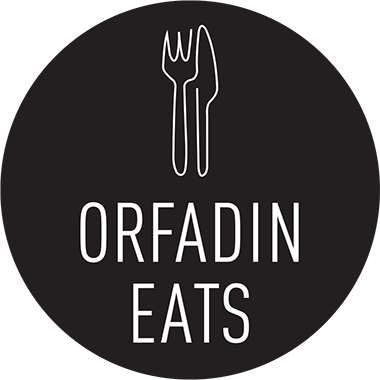You are leaving this website
By clicking YES, you will be leaving the Orfadin website and will be redirected to another webpage.
Questions? Call 877-473-3179 (7:00 am — 6:00 pm CST) or email us.
Tips, information, and resources for patients and families managing HT-1.
 All individuals featured in this website have experience with Orfadin but may no longer be on treatment.
All individuals featured in this website have experience with Orfadin but may no longer be on treatment.
 All individuals featured in this website have experience with Orfadin but may no longer be on treatment.
All individuals featured in this website have experience with Orfadin but may no longer be on treatment.
You know those life-changing moments that will never fade from your memory? Mine came in the form of a phone call eight days after we brought our brand-new baby daughter home from the hospital for the first time.
READ MORE
Cold, blustery weather offers the perfect opportunity to huddle up inside and enjoy a hot, home cooked treat with friends and family.
DIG IN
Need recipe ideas? Help navigating insurance? Want to connect with the HT-1 community? Orfadin4U is here to support you.
LEARN MORE
Ordering at a restaurant can be tricky when you or a loved one has a dietary restriction. But that doesn’t mean you should miss out! Here are a few tips for families managing HT-1.
DIG IN
Managing a rare disease like HT-1 might cause feelings of isolation. We asked parents caring for children with HT-1 for their advice.
READ MORE
From summer campers to college students, there is a lot to celebrate in the Orfadin Generation.
CHECK IT OUT
With all the picnics, barbecues, and ice cream trucks, summer fun can seem hard to navigate with HT-1. So we put together a handy substitutions guide to help you enjoy all the festivities the warm weather brings.
DIG ININDICATION AND USAGE
Orfadin is a synthetic reversible inhibitor of 4-hydroxyphenylpyruvate dioxygenase indicated for use as an adjunct to dietary restriction of tyrosine and phenylalanine in the treatment of hereditary tyrosinemia type 1 (HT-1).
IMPORTANT SAFETY INFORMATION
Tyrosine levels can increase in the blood if you do not restrict tyrosine and phenylalanine in your diet while taking Orfadin. Too much tyrosine in the blood can cause serious eye problems or other complications.
Do not adjust your Orfadin dosage in order to lower the tyrosine levels in the blood.
A reduction in the number of white cells and platelets in the blood have been observed during treatment with Orfadin. Your platelet and white blood cell counts should be monitored regularly during Orfadin treatment.
The most common adverse reactions to taking Orfadin are elevated tyrosine levels, low platelets or white cells in the blood, and complaints related to the eyes, including conjunctivitis, corneal opacity, inflammation of the cornea, and extreme sensitivity to light.
Tell your physician promptly if you have unexplained eye symptoms, rash, jaundice (yellowing of the skin or whites of the eyes) or excessive bleeding.
Use Orfadin during pregnancy only if the potential benefit justifies the potential risk to the fetus.
Nursing women should discontinue either Orfadin or breast-feeding based on the recommendation of your healthcare professional.
By clicking YES, you will be leaving the Orfadin website and will be redirected to another webpage.
Get tips, news, and information about HT-1 and Orfadin.